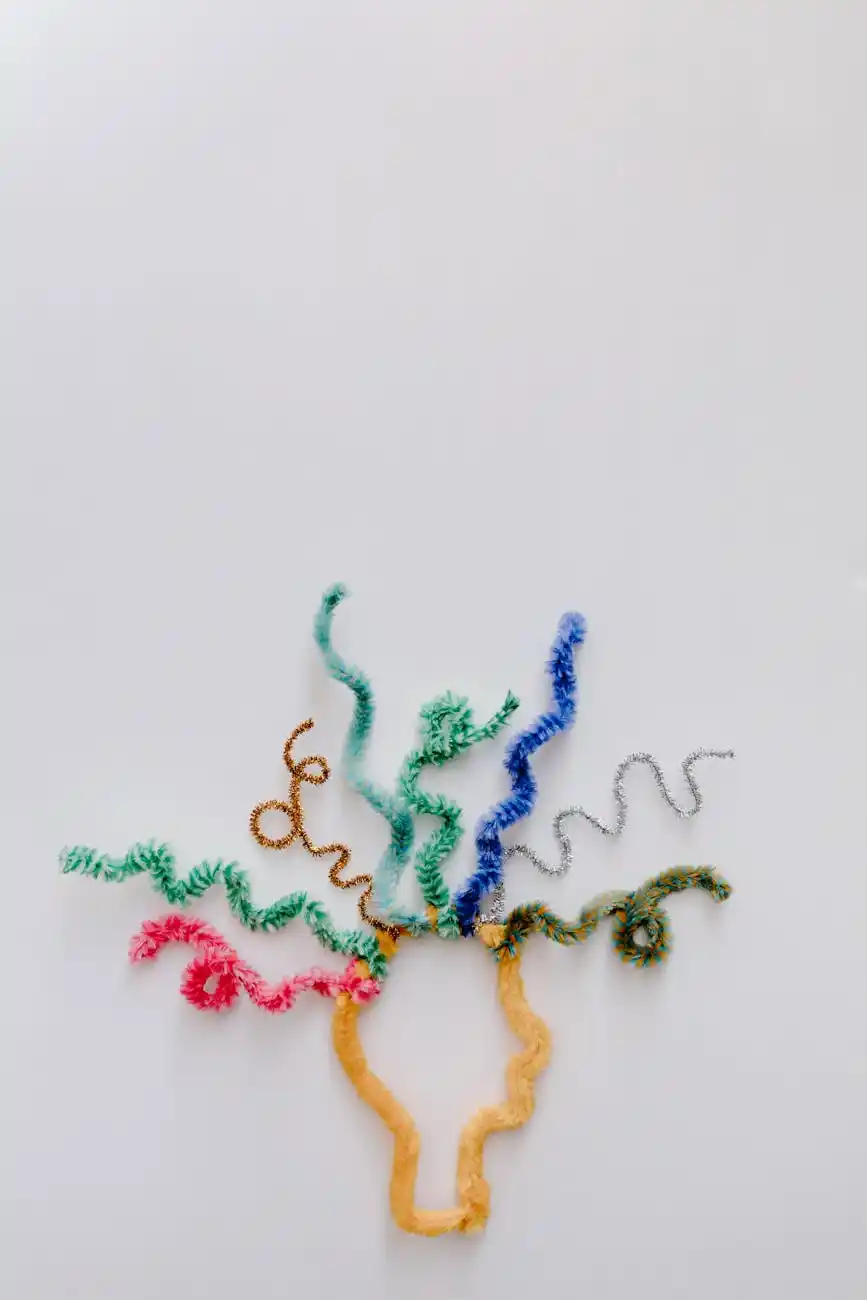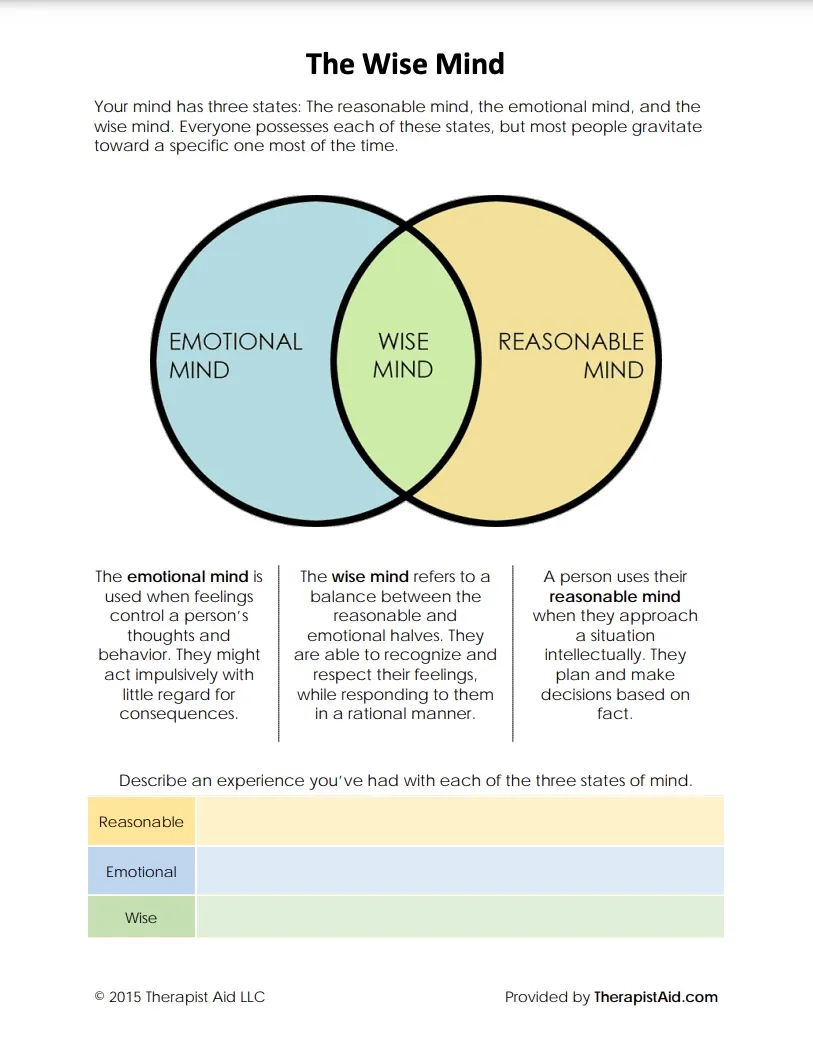Dialectical Behavioral Therapy is a type of therapy modality created by Dr. Marsha Lineham back in the 80s, initially designed with the intention of treating Borderline Personality Disorder. As time has gone on, DBT has been effectively used across the board with a number of different mental health issues and can universally be effective and implemented with anyone seeking to better themselves and their relationships in their own lives. The main components of Dialectical Behavioral Therapy consist of emotional regulation, interpersonal effectiveness, distress tolerance, and mindfulness. By incorporating all of these elements into clients’ lives, their relationships improve, self concept is increased, and they are able to handle their emotions in a more healthy manner than they may have been experiencing previously.
Dialectical Behavioral Therapy operates with a multitude of different acronyms and shortcuts to remember the different techniques and interventions used to implement the different elements of DBT. Mindfulness is such a vital part of DBT and one of them is the idea of Wise Mind. DBT looks at the mind as having three different parts and they are Emotional Mind, Logical Mind, and then Wise Mind. When Wise Mind is tapped into, it is a combination of using Emotional Mind and Logical Mind.
Emotional Mind is when the person is operating off of emotions and making choices and behaving as a response to those emotions. Those feelings can be overwhelming and cause the person to make rash or impulsive decisions that may not benefit them in the long run. Because of these intense emotional reactions, good judgment can be impaired and the person may feel shame or regret once they have passed through the intensity of the emotions. Emotional Mind may look like a “knee-jerk reaction” to things or operating out of intense anger, fear, or sadness.
Logical Mind is when the person is operating off of facts and logic in their decision making and how they may be feeling. Now, this may sound like the way to go about things and make decisions but it can have its downsides. This type of analytical thinking inhibits the person from being able to tap into how they may be feeling emotionally and can increase a detached way of being and thinking in regard to decision making. Logical Mind can invalidate the emotional experience of the person and increase minimization of what may be going on for that person.
Wise Mind allows the person to take a step back and combine the two of Emotional Mind and Logical Mind to make a collaborative decision that incorporates both their emotional feelings as well as the facts of the situation. When the person operates from this way of thinking, they are able to engage in effective decision making and stray away from impulsivity and balancing the two truths of their logical and rational thinking. The overall goal of Wise Mind is finding that “middle” and engaging in the premise of what Dialectical Behavioral Therapy is, which is having two things be true at once and going from there.




